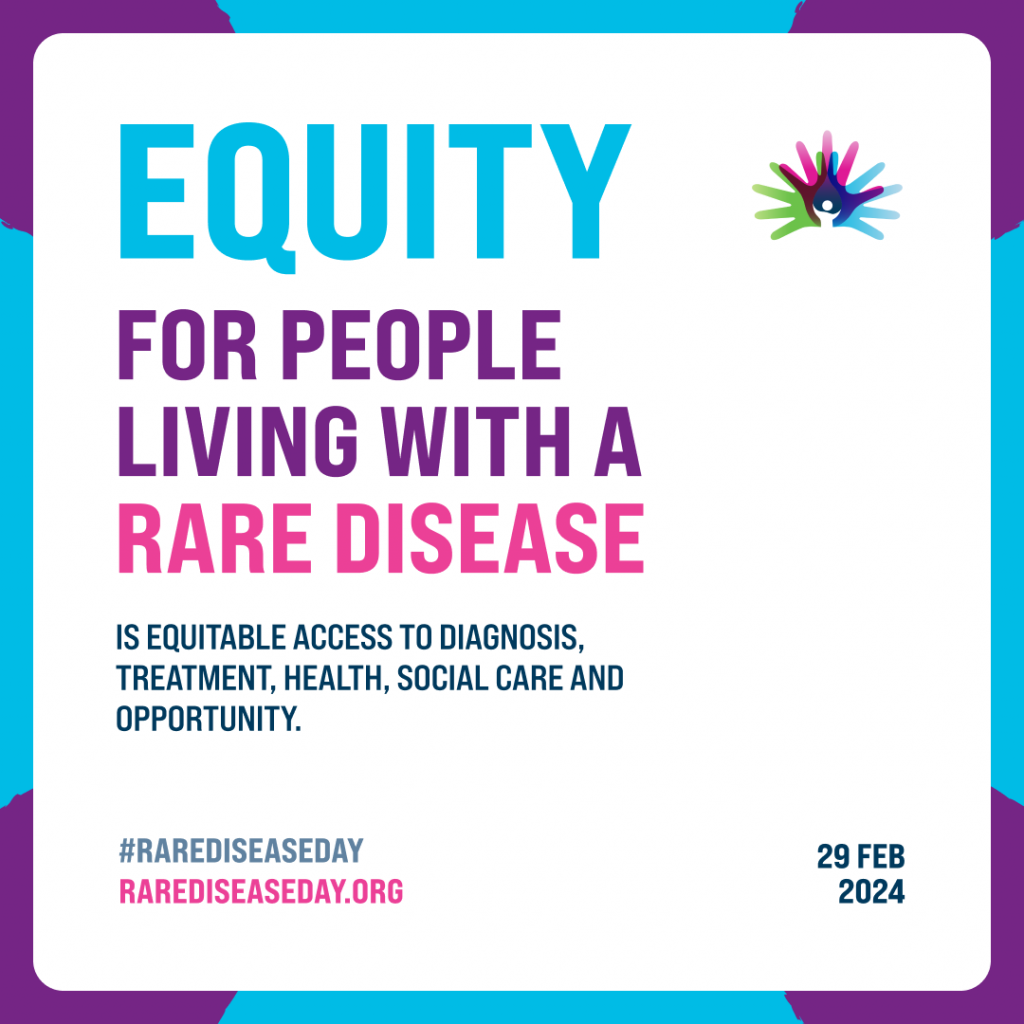https://doi.org/10.55788/31c0844a
DGF is a major complication of deceased donor kidney transplantation, according to Dr Michel G. Collins (Royal Adelaide Hospital, Australia). “DGF is caused by ischaemia–reperfusion injury. Poor kidney transplant function post-transplant results in the need for dialysis treatment and DGF affects 30–50% of kidney transplant recipients.” Moreover, DGF is associated with adverse outcomes including higher healthcare costs, increased risk of long-term graft failure, and death. Observational studies have shown an association between saline and an increased risk of DGF versus balanced low-chloride crystalloid solution. “We hypothesised that the incidence of DGF would be reduced by using a balanced low-chloride crystalloid solution (Plasma-Lyte 148) during and after transplant surgery, instead of saline,” explained Dr Collins.
The BEST-Fluids trial (NCT03829488) was a pragmatic, investigator-initiated, registry-based, double-blind, randomised controlled study in which recipients of deceased donor kidney transplants were randomised 1:1 to Plasma-Lyte 148 (n=404) or 0.9% saline (n=403) during surgery and for up to 2 days after transplantation. The the putative mechanism that the researchers wished to test was whether mitigating saline-induced hyperchloraemic metabolic acidosis would result in less vasoconstriction in the graft vasculature. The primary outcome was DGF, defined as dialysis within 1 week of transplant; secondary outcomes included hyperkalaemia, graft function (estimated GFR at 52 weeks), acute rejection, graft failure (censored for death), and mortality. Serious adverse events and safety were also assessed. Baseline characteristics were similar between groups: median age of patients was 55 years, 37% were female, and 41% were non-White. DGF occurred in 30.0% of patients who received the balanced crystalloid solution versus 39.7% of patients receiving saline (adjusted RR 0.75; 95% CI 0.66–0.84; P<0.0001). Analyses of pre-specified subgroups, including donor type, kidney donor risk index, machine perfusion, and ischaemic time showed a similar effect (RR 0.65–0.88). The incidence of hyperkalaemia (56.4% vs 56.6%; RR 1.00; 95% CI 0.90–1.12) was the same in both groups. There were no significant differences in graft function at 52 weeks (54.0±20.4 vs 54.8±21.6 mL/min/1.73m2; adjusted mean difference −0.87; 95% CI −2.93 to 1.19), acute rejection (RR 1.28; 95% CI 0.94–1.76), graft failure (HR 0.72; 95% CI 0.48–1.10), or mortality (HR 1.06; 95% CI 0.39–2.85). Number of serious adverse events were similar in both groups (1% vs 1%; P=0.70). Dr Collins concluded by stating that these results clearly indicate that a balanced crystalloid solution should be the standard of care IV fluid in deceased donor kidney transplantation. “Balanced crystalloid solution is not only cheap, it is also readily available and can be implemented globally quite easily.”
- Collins MG, et al. The BEST-Fluids Trial: A Randomized Controlled Trial of Balanced Crystalloid Solution vs. Saline to Prevent Delayed Graft Function in Deceased Donor Kidney Transplantation. FR-OR61, ASN Kidney Week 2022, 3–6 Nov.
Copyright ©2022 Medicom Medical Publishers
Posted on
Previous Article
« Modified donor blood cells seem a promising option in kidney transplant recipients Next Article
Dapagliflozin improves anaemia in patients with CKD with or without T2D »
« Modified donor blood cells seem a promising option in kidney transplant recipients Next Article
Dapagliflozin improves anaemia in patients with CKD with or without T2D »
Table of Contents: ASN 2022
Featured articles
Chronic Kidney Disease
VALOR-CKD trial did not show any benefits for veverimer
EMPA-KIDNEY: empagliflozin slashes kidney disease progression or CV death
Combining UACR and GFR improves prediction of drug effect in CKD phase 2 trials
Dapagliflozin reduces number of hospitalisations in patients with CKD
Novel MSC therapy appears safe and effective in preventing decline in eGFR
Dapagliflozin improves anaemia in patients with CKD with or without T2D
Kidney Transplantation and Dialysis
Balanced crystalloid solution better for deceased donor kidney transplantations
Modified donor blood cells seem a promising option in kidney transplant recipients
Cooler dialysate does not offer any clinical benefits
Antiviral effect of MAU868 against BK virus prompts further research
General Nephrology
Medication-targeted alerts for the risk of AKI
Coaching with a DASH diet improves albuminuria
Cemdisiran shows promise in IgA nephropathy
Long-term nephroprotective effects of sparsentan in FSGS
Encaleret normalises mineral homeostasis in patients with ADH1
Adding voclosporin to MMF and steroids results in long-term higher CRR in severe lupus nephritis
Selonsertib poses risk of AKI in patients with DKD
Significantly higher risk of overcorrection in hyponatraemic patients with standard bolus infusion
Lowering blood pressure intervention favourable for CV outcomes
Related Articles

December 8, 2022
Letter from the Editor

February 26, 2024
Join the conversation on Rare Disease Awareness Day
© 2024 Medicom Medical Publishers. All rights reserved. Terms and Conditions | Privacy Policy
HEAD OFFICE
Laarderhoogtweg 25
1101 EB Amsterdam
The Netherlands
T: +31 85 4012 560
E: publishers@medicom-publishers.com

